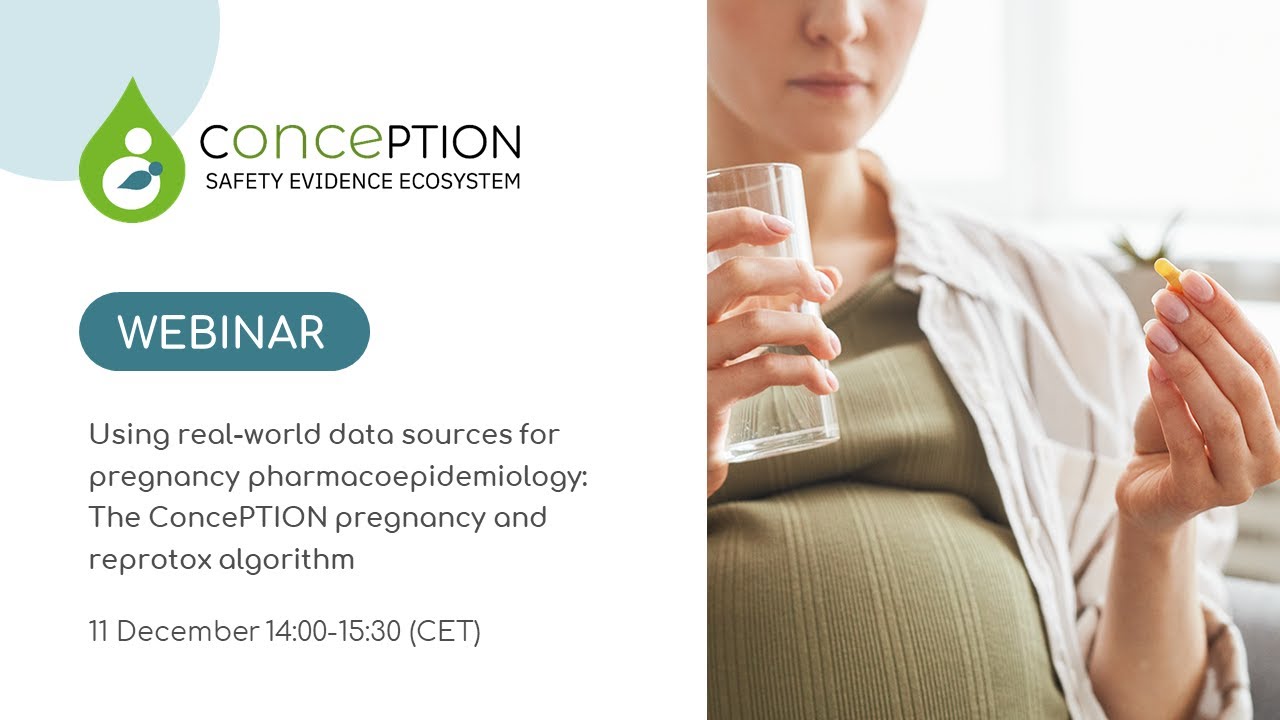
New Research Confirms Safety of COVID-19 Vaccine During Pregnancy, Alleviates Miscarriage Concerns
A recent case-control study published on May 2, 2025, in the journal Obstetrics & Gynecology provides reassuring evidence for pregnant women worried about the safety of COVID-19 vaccines. Utilizing data from the Vaccine Safety Datalink (VSD), the study found no association between COVID-19 vaccination and spontaneous abortion, further affirming the safety of vaccination for women who are expecting.
Encouraging Findings from a Thorough Investigation
The study monitored close to 900 pregnant women across eight varied U.S. healthcare systems. Researchers assessed 296 clinically verified miscarriage instances against 592 matched live births, accounting for numerous relevant factors including maternal age, race, ethnicity, socioeconomic status, and pre-existing health conditions.
After comprehensive analysis, researchers concluded that there was no heightened risk of miscarriage linked to COVID-19 vaccination, irrespective of:
– Vaccine type (Pfizer-BioNTech or Moderna),
– Total doses administered,
– Or the timing of vaccination during the course of pregnancy.
“This is a meticulously conducted research endeavor that consistently demonstrates that the COVID-19 vaccines are safe during pregnancy,” stated Dr. Sangini S. Sheth, the lead investigator of the study and an associate professor at Yale University.
Enhanced Methodological Approach Fortifies Findings
What distinguishes this study is its strong clinical methodology. While many prior studies depended solely on electronic health record diagnostic codes, this research team performed meticulous manual reviews of all miscarriage cases to ensure precision. This added level of scrutiny guaranteed that these instances were genuine miscarriages and allowed for more accurate dating of each pregnancy.
By matching each spontaneous abortion case with two controlled live birth cases—ensuring alignment by medical site, maternal age, and pregnancy initiation date—the study successfully minimized bias while upholding a high standard of scientific rigor.
Vaccine Safety in Early Stages of Pregnancy
Among the most significant aspects of the findings is their inclusion of vaccinations given during the early, sensitive phases of pregnancy—when fertilization, embryo attachment, and organ development take place. These results complement an expanding body of evidence indicating that COVID-19 vaccination does not elevate the risk of other negative outcomes such as stillbirth or premature birth.
COVID-19 Risks During Pregnancy
Although the study reassures women about vaccination safety, it also indirectly highlights the dangers of forgoing vaccination. Pregnant individuals who contract COVID-19 face a higher likelihood of experiencing severe outcomes compared to their non-pregnant peers, including:
– Increased hospitalization rates,
– Admission to intensive care units,
– The need for mechanical ventilation,
– And a heightened risk of complications such as preterm birth and stillbirth.
In light of these dangers, enhancing vaccination rates among pregnant populations remains a crucial public health objective.
Low Vaccination Rates Among Pregnant Women
Despite the CDC’s Advisory Committee on Immunization Practices (ACIP) recommendations dating back to 2020, COVID-19 vaccination rates for pregnant individuals remain lower than those for the general populace. VSD surveillance data from the 2023–2024 period illustrates that fewer than 15% of pregnant individuals have received the vaccine.
Factors contributing to this hesitancy include concerns about the vaccine’s safety for the developing fetus and fears about potential side effects. Experts like Dr. Sheth are hopeful that this new information will motivate more women to get vaccinated.
“A strong endorsement from a healthcare provider can significantly influence decision-making,” noted Dr. Sheth. “We aspire that studies like ours empower clinicians to reassure patients and address hesitance.”
Limitations and Future Research Directions
Like all scientific inquiries, the researchers recognized certain limitations. The confirmation process led to a smaller-than-expected number of miscarriage cases, potentially constraining the capacity to identify subtle associations. Additionally, early pregnancy losses—typically happening before six weeks’ gestation—were not included due to difficulties in clinical detection or accurate dating.
Another limitation is the demographic composition of the study group, which comprised primarily insured individuals and may not fully reflect the national population. The researchers emphasized that future studies should aim for a broader demographic and geographic representation to improve generalizability.
Progressing with Confidence
Amid ongoing COVID-19 spread and virus mutations, this evidence lays a solid foundation for sustaining public health initiatives focused on increasing vaccination rates among pregnant women. As more data becomes available, vaccine confidence is anticipated to rise.
Healthcare practitioners now have an even stronger basis to advise patients: vaccination during pregnancy not only defends against severe COVID-19 illness but also does not present any significant threat to early pregnancy outcomes, including miscarriage.
This study fills a vital gap in understanding vaccine safety and provides much-needed reassurance to pregnant individuals and their healthcare providers.
Promoting Trustworthy Medical Journalism
As public health decisions increasingly rely on accurate scientific communication, independent journalism plays an indispensable role. If articles like this have influenced your understanding or assisted in decision-making, consider supporting scientific journalism that makes an impact.
Independent reporting depends on contributions from readers like you. Help us continue to